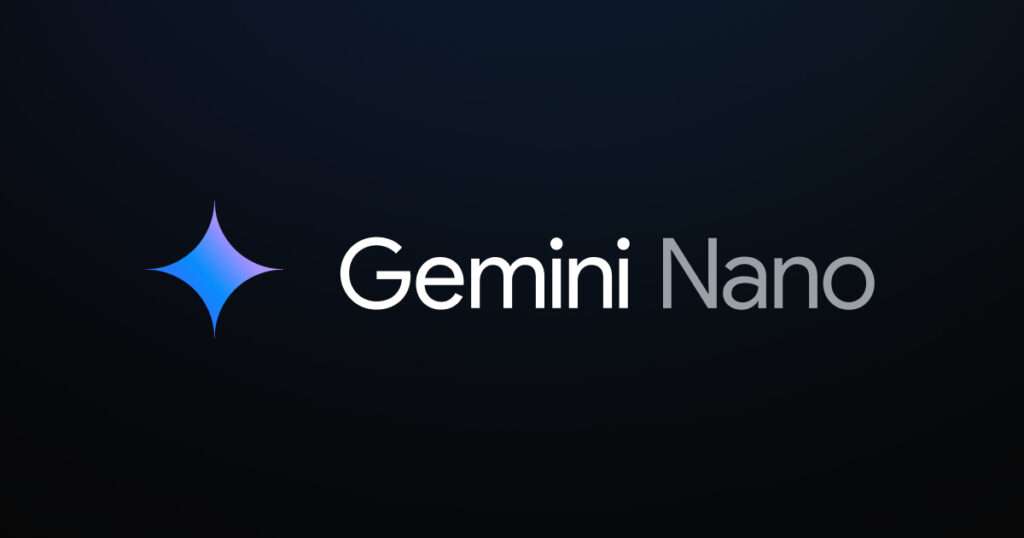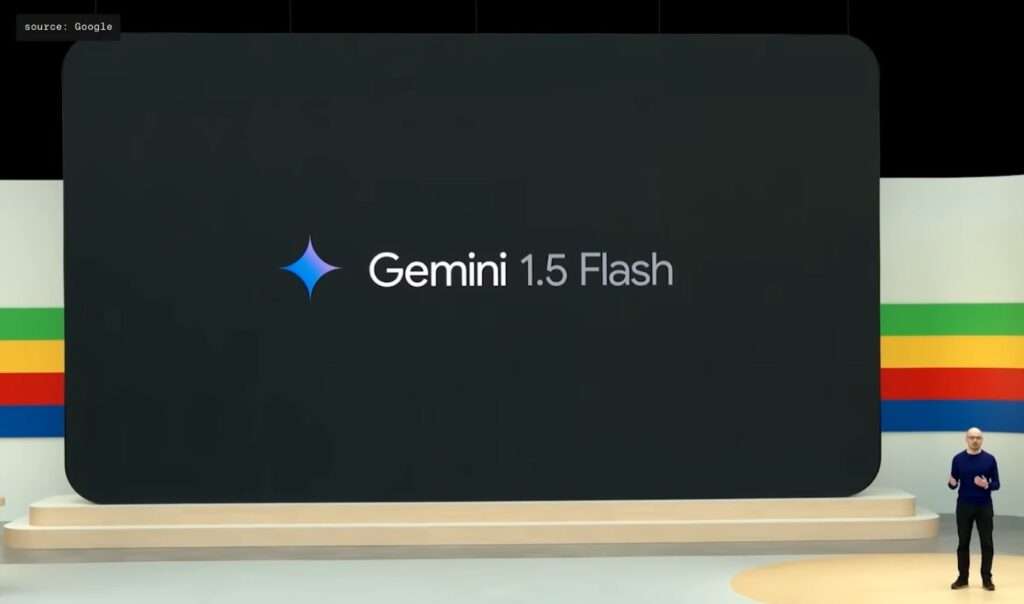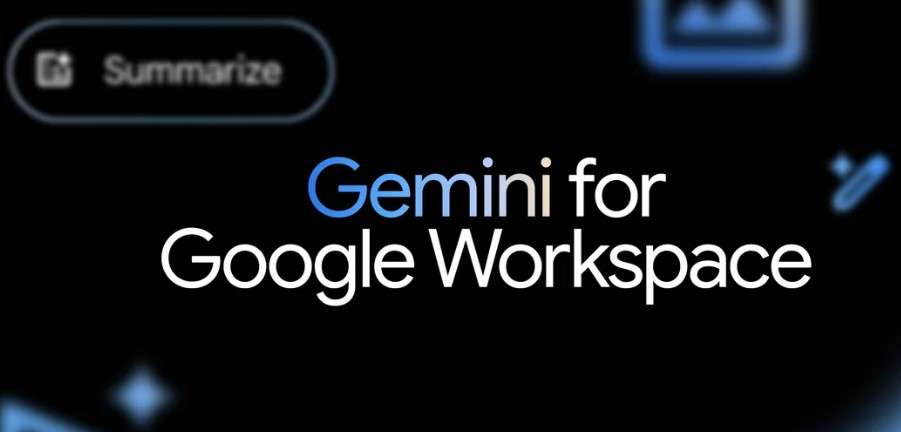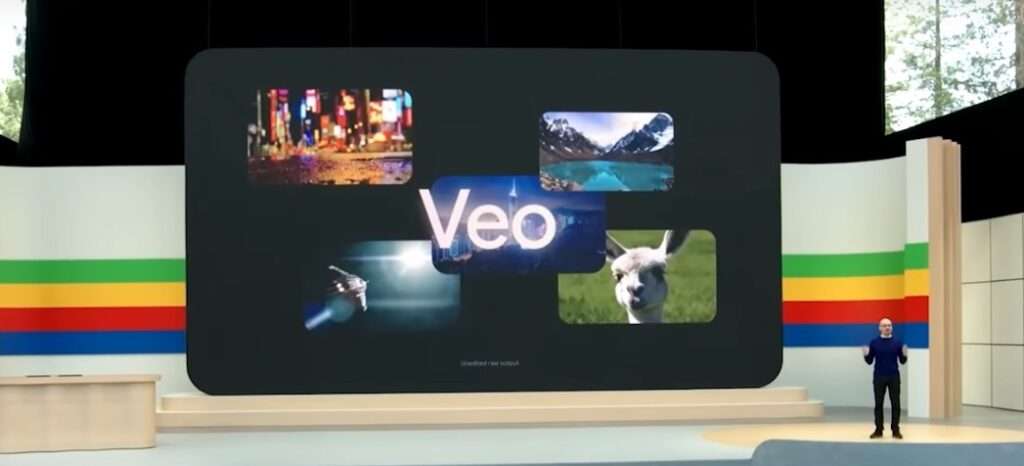With Google I/O 2024 unveiling a slew of groundbreaking AI advancements, this week has been overwhelming for the tech world.
OpenAI further fueled the excitement by announcing GPT-4o, a new AI model with improved speed, accuracy, and the ability to understand and process not only text, but also audio and video.
This expanded multimodal capability has the potential to transform how we interact with AI across various domains.
Just one day before Google’s annual developer conference, Google I/O 2024, OpenAI made a significant announcement of their latest AI model, GPT-4o.
The Following Are The Major Highlights Of Google I/O 2024.

1. Gemini Nano
Google’s Gemini Nano with Multimodality now boasts a broader understanding of various input forms, including images, audio, and video, in addition to text.
This expansion in capability unlocks a new realm of possibilities for AI applications.
Real-time translation of spoken conversations becomes more accurate and nuanced, while visual content analysis reaches new depths of understanding.
Furthermore, Gemini Nano’s multimodal prowess enhances accessibility features, making technology more inclusive for users with disabilities.

2. Gemini 1.5 Flash
Google introduced Gemini 1.5 Flash, a model specifically engineered for speed and efficiency.
By prioritising rapid information processing, Gemini 1.5 Flash excels in real-time applications where immediate responses are crucial.
Voice interactions, for instance, become more seamless and natural as the model quickly interprets and generates replies.
This focus on efficiency also benefits resource-constrained environments, like mobile devices, ensuring a smooth and responsive user experience without excessive power consumption.

3. Gemini in Workspace
Google’s Gemini AI has been integrated into Workspace, transforming how users interact with Gmail, Drive, Docs, Sheets, and Slides.
This AI-powered assistant streamlines tasks like drafting emails, summarising documents, organising files, analysing data, and creating presentations, significantly boosting productivity and efficiency.
Workspace For Education
For education customers, Gemini for Google Workspace is now available as an add-on with two tiers: Gemini Education and Gemini Education Premium. This empowers educators with AI tools to create lesson plans, summarise emails, generate agendas, and design presentations. Additionally, Gemini is expanding with OpenStax and Data Commons extensions and guided practice quizzes. In the future, any 18+ user on Workspace for Education will have free access to Gemini 1.0 Pro with enhanced data protection. This integration aims to enrich teaching and learning experiences while maintaining the importance of human expertise and creativity.

4. Project Astra
Google’s Project Astra, unveiled at I/O 2024, is an ambitious endeavour to create a truly universal AI assistant.
Combining multimodal understanding with real-time responses, contextual awareness, and memory capabilities, Astra is designed to seamlessly integrate into our daily lives, much like a human assistant.
Its proactive and teachable nature means it can anticipate user needs and learn from interactions, constantly improving its assistance over time.
In demonstrations, Astra showcased its ability to identify objects in real-time, interpret code, recognize locations, and recall past interactions.
Google also hinted at its potential integration with smart glasses, offering a hands-free way to interact with the AI assistant.
While still in development, Project Astra’s multimodal capabilities and focus on real-time, contextual interaction highlight a significant leap forward in AI assistant technology, with the potential to revolutionise how we engage with technology in the future.

5. Veo
Google’s I/O 2024 conference showcased remarkable advancements in AI, with a highlight being the introduction of Veo, a generative AI model that extends beyond text and images to create videos.
This groundbreaking technology rivals OpenAI’s Sora, enabling users to transform text prompts into dynamic 1080p video clips, exceeding a minute in length and encompassing various cinematic styles.
Veo boasts an impressive understanding of natural language and visual semantics, accurately translating creative visions into compelling videos.
Additionally, it can interpret cinematic terms like “timelapse” and “aerial shots,” producing footage with realistic movements of people, animals, and objects.
Availability
Currently available in private preview within VideoFX for select creators, with a waitlist option for broader access, Veo represents a significant leap in AI-powered video generation.
Google plans to integrate Veo’s capabilities into YouTube Shorts and other products, expanding its reach and impact on the future of video content creation.
Image FX and Music FX
Google also showcased significant updates to its existing creative AI tools.
ImageFX, the company’s high-resolution image generator, now boasts enhanced editing controls, allowing users to easily modify generated images.
Additionally, the integration of Imagen 3, Google’s most advanced image generation model, promises even higher quality and more photorealistic images.
MusicFX, the AI-powered music generator, received updates as well, with DJ Mode enabling the creation of unique beats by blending various genres and musical elements.
These advancements collectively demonstrate Google’s commitment to empowering creativity and content creation through AI.
Additional Updates of Google i/O 2024
Search Enhancements:
AI Overviews
Google Search now utilizes AI to provide concise summaries of search results, offering quick answers at the top of the page.
Multi-Step Reasoning
Google Search can now handle more complex queries that involve multiple steps, like planning a trip itinerary.
Visual Search in Lens
Users can now ask questions about objects in the real world through Google Lens, which can identify and provide information about them.
Workspace Advancements
Contextual Smart Compose
Gmail’s smart compose feature is now powered by Gemini, offering more relevant and contextually accurate suggestions for email replies.
Real-time Translation in Google Meet
This feature allows for live translation of captions in over 60 languages, facilitating communication across language barriers.
Android Features
Spam Call Detection
Google’s Gemini AI, using its on-device Gemini Nano model, analyses real-time conversations to identify spam calls and warn Android users.
Responsible AI
SynthID Watermarking
Google has expanded its SynthID watermarking tool to include text and video, making it easier to identify AI-generated content and combat misinformation.
Other Announcements
LearnLM
An advanced AI model for education, focused on making teaching and learning more interactive and personalised.
Android 15
Google provided a preview of the upcoming Android 15, highlighting enhancements in privacy, productivity, and security.
Wear OS
Google announced updates to its wearable operating system, promising improvements in watch face formats and design guidelines.
Pixel 8a
While not a new announcement at I/O, the Pixel 8a was launched earlier this year and highlights Google’s commitment to providing affordable yet powerful smartphones.
Fingers Crossed
Google I/O 2024’s AI advancements, particularly generative tools like Veo, ImageFX, and MusicFX, have sparked excitement and concern for the future of human creativity.
While democratising content creation, questions arise about the balance between human ingenuity and AI-driven automation.
The integration of AI into search raises concerns about the visibility of organic content.
Partnering with a tech-savvy agency can help navigate these changes.
As AI continues to evolve, finding ways to enhance creativity rather than overshadow it is crucial.
We remain hopeful for a future where human imagination remains central to innovation.
Gentle Reminder : Use it Responsibly
While AI tools offer exciting creative possibilities, over-reliance on them can hinder our own imaginative thinking.
It’s important to strike a balance, utilizing AI as a tool to enhance, not replace, human creativity.
Responsible use is crucial, especially with growing concerns about deepfakes and data privacy.
AI advancements must be carefully scrutinized to ensure they are used ethically and responsibly.